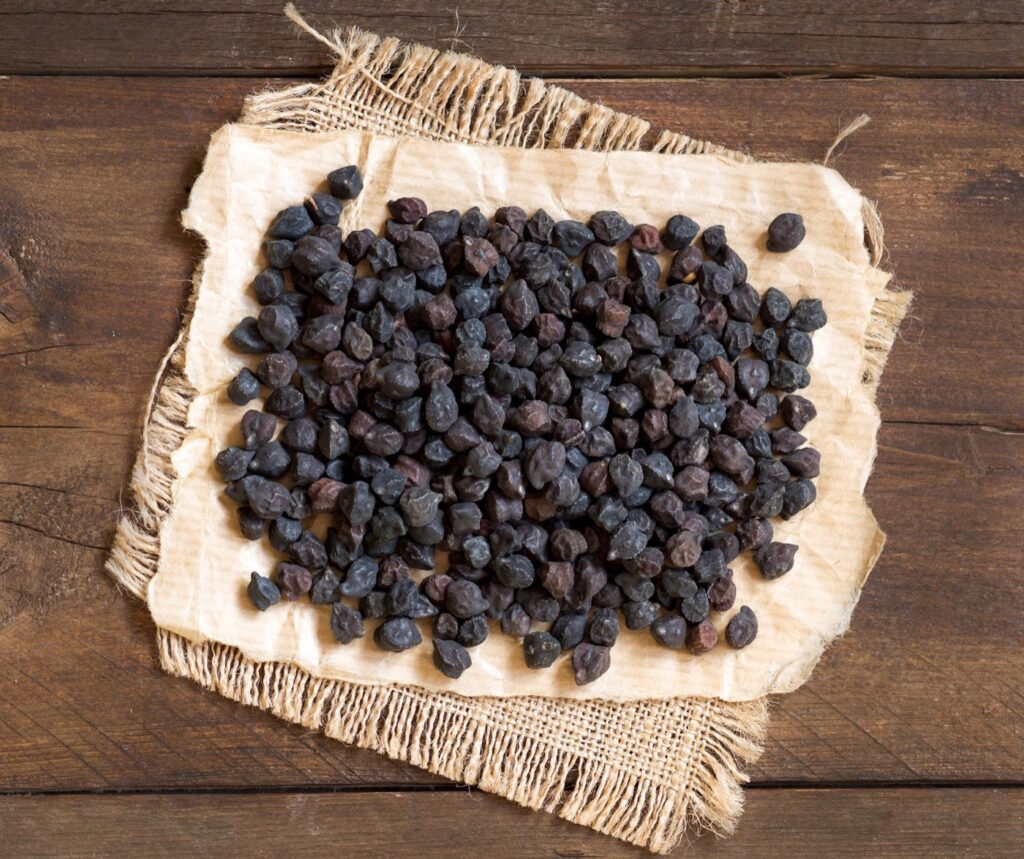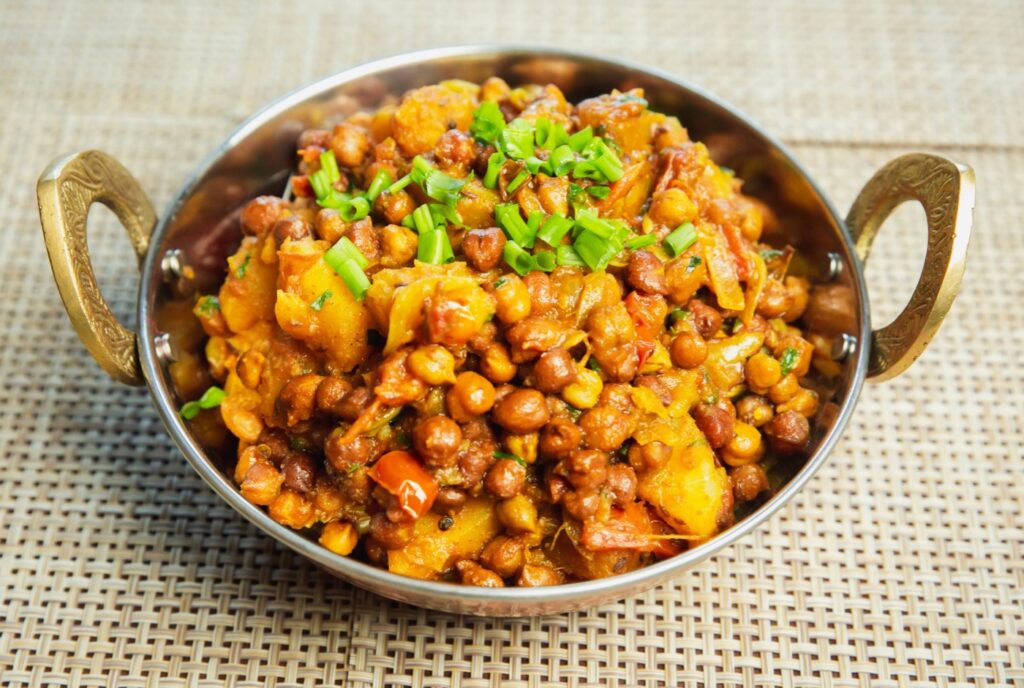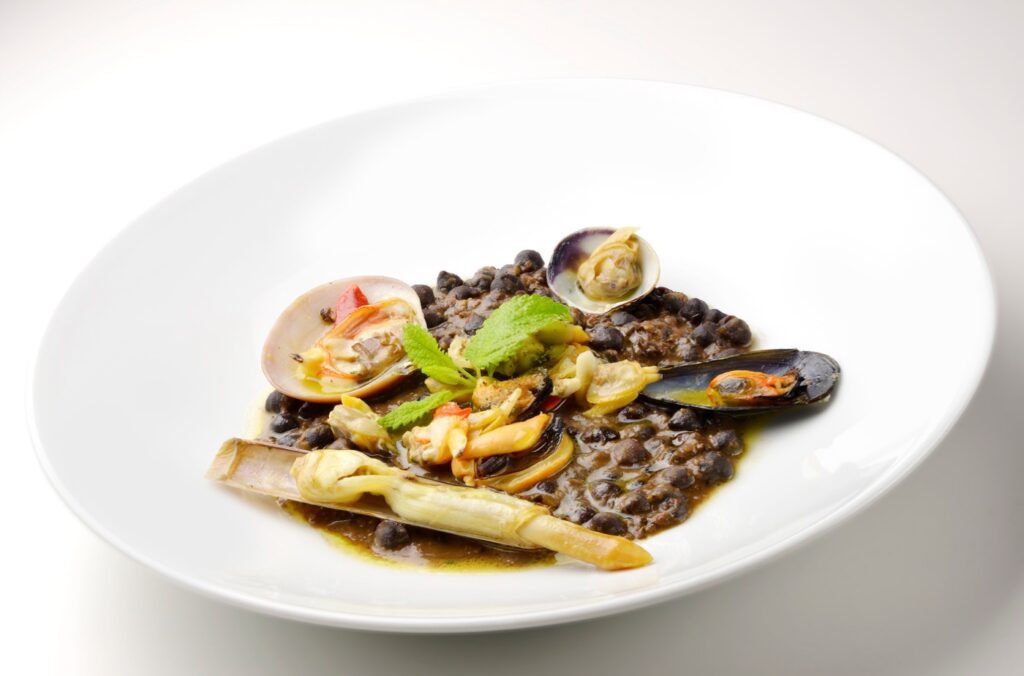
Good, sustainable and healthy. What are we talking about? But of legumes, of course, so important for the benefits they bring to health and the environment that the FAO (Food and Agriculture Organization) has decided to dedicate a World Day to them today, 10 February. And we, in Puglia, know about legumes. For centuries they have been the very valid substitutes for meat, food for the few, used in many simple recipes but with an unforgettable flavor.

Like the #cechenero produced in the Murgia Carsica, of ancient origins that is still grown today in the karst plateau of the #Murgia, in the municipalities of Acquaviva delle Fonti, Cassano delle Murge, Sant’Eramo in Colle and centers in the province of Bari.
The black chickpea, now a Slow Food presidium, is small, with a wrinkled and irregular skin, it contains about three times the amount of fiber of the common chickpea and a good dose of iron. With a slightly herbaceous but very delicate flavor, it lends itself to simple preparations that require few other ingredients, one above all our extraordinary extra virgin olive oil. In the past, farmers and shepherds planted black chickpea among the olive groves and vineyards, almost always for family use and consumption, since they perfectly adapted to these rocky and often waterless soils, reinforcing their generally low-protein diet.


The black chickpea of the Murgia Carsica has never had a big market until recently, also because of its particularly thick skin that requires over twelve hours of soaking and two of cooking. But, fortunately, the renewed interest in poor cuisine but with great nutritional value, today has brought attention back to this small, precious legume.